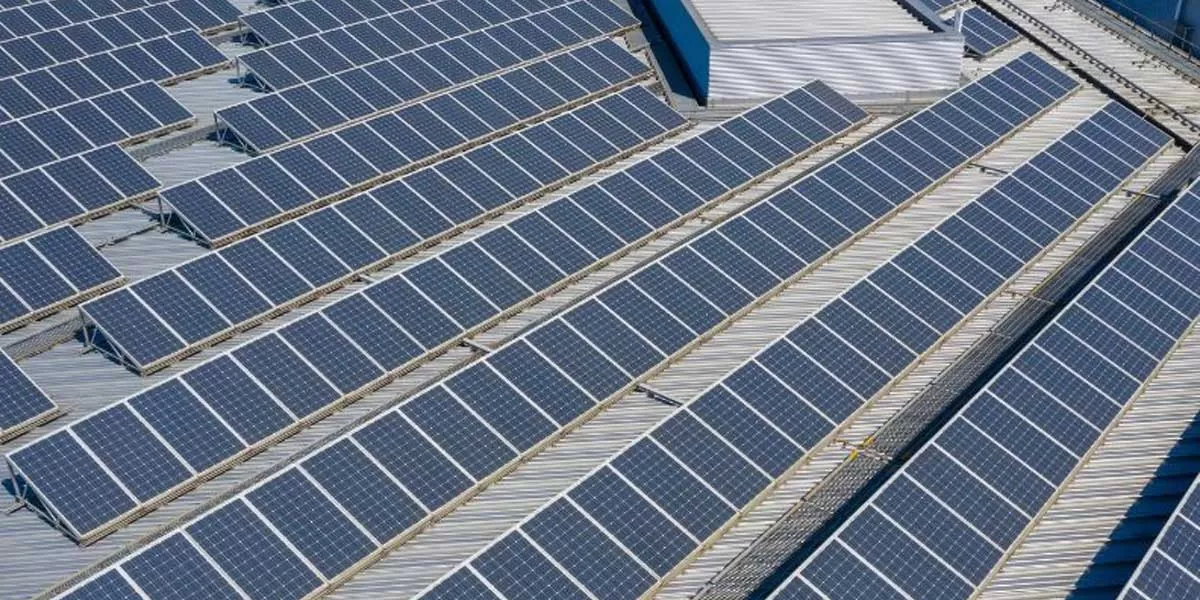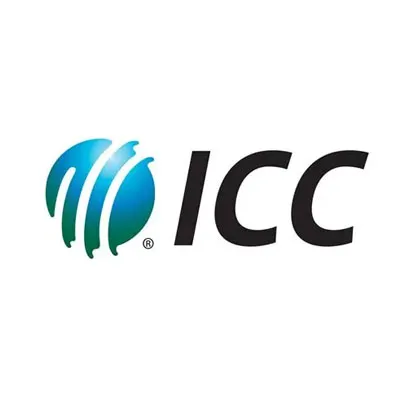

Six Flags Qiddiya City Opens as Saudi Arabia’s First Six Flags Park
AtkinsRéalis, in partnership with Qiddiya Investment Company, has delivered Six Flags Qiddiya City, marking the opening of Saudi Arabia’s first Six Flags theme park and the first Six Flags destination built entirely outside North America. The park is the first of 70 major assets planned within Qiddiya City and represents a key milestone in the Kingdom’s Vision 2030 strategy to develop globally competitive leisure and tourism destinations.The opening ceremony, held under the patronage of HRH Prince Faisal bin Bandar bin Abdulaziz, Governor of Riyadh Province, marks the first major attracti..

German Chancellor Visits Bosch India Campus in Bengaluru
Strengthening the long-standing partnership between India and Germany, Friedrich Merz, Federal Chancellor of the Federal Republic of Germany, recently visited the Bosch campus at Adugodi, Bengaluru, during his India trip. The delegation was hosted by Guruprasad Mudlapur, President of the Bosch Group in India and Managing Director, Bosch Limited, who showcased key innovations developed in the region.During the visit, the delegation experienced Bosch’s H2ICE demonstrator truck featuring a fully integrated powertrain and telematics system. Bosch India, in collaboration with Bosch Germany, is ad..

ICC, Maharashtra Sign MoU to Boost Industry Engagement
The Indian Chamber of Commerce (ICC) and the Government of Maharashtra recently signed a Memorandum of Understanding (MoU) to enhance cooperation and deepen engagement between Indian businesses and the State, with a focus on investment facilitation, ease of doing business and sustained industry–government dialogue.The MoU was signed by Dr P Anbalagan, IAS, Principal Secretary (Industry, Investment and Services), Government of Maharashtra, and Dr Rajeev Singh, Director General, ICC, in the presence of leading business representatives.Speaking on the occasion, Dr Anbalagan said the partnership..
















